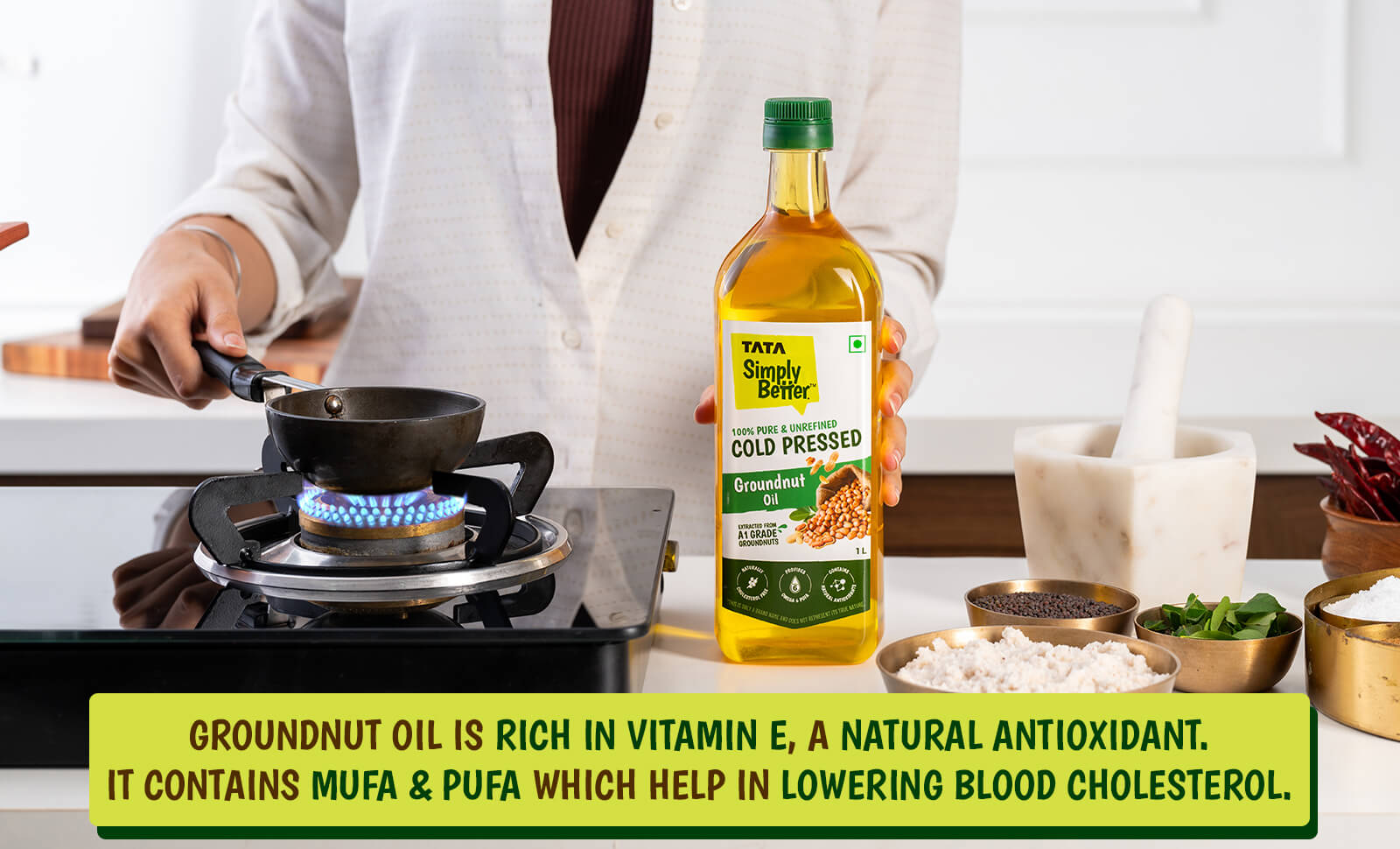Sabudana or Tapioca, also known as Sago, is a starchy substance extracted from the cassava (karra pendalam) root, which is a staple food in many countries. It has several health benefits due to its nutritional profile and unique properties. Here are some of the health benefits of tapioca:
Gluten-Free Alternative
Tapioca is naturally gluten-free, making it an excellent choice for individuals with celiac disease or gluten sensitivity. It can be used as a substitute for wheat flour in various recipes.
Easily Digestible
Tapioca is easy to digest, which makes it a suitable food for people with digestive issues or those recovering from illness. It is often recommended for individuals with sensitive stomachs or those experiencing gastrointestinal problems.
Energy Boost
Tapioca is a good source of carbohydrates, providing a quick energy boost. It can be especially beneficial for athletes or individuals needing a quick source of energy.

Low in Fat and Cholesterol
Tapioca is naturally low in fat and cholesterol, making it a healthy addition to a balanced diet. It can be included in weight management plans and heart-healthy eating patterns.
Sago: Source of Fiber
While tapioca is not a significant source of dietary fiber, it still contains small amounts. Fiber promotes healthy digestion, aids in maintaining regular bowel movements, and contributes to a feeling of fullness.
Nutrient Content Of Sago
Tapioca contains various essential minerals, including calcium, iron, and potassium. Although the levels may not be as high as in other foods, tapioca can still contribute to overall nutrient intake.
Allergy-Friendly
Tapioca is considered hypoallergenic and is rarely associated with allergic reactions. It can be used as an alternative to other common allergenic ingredients like wheat, dairy, or soy.
Sago : Versatile Ingredient
Tapioca can be used in various forms, such as flour, pearls, flakes, or sticks, making it a versatile ingredient in cooking and baking. It can be used in puddings, soups, stews, baked goods, and as a thickening agent.
While tapioca does offer some health benefits, it’s important to note that it is primarily a source of carbohydrates and should be consumed in moderation as part of a balanced diet. Additionally, some tapioca products may undergo processing and contain added sugars or preservatives, so it’s essential to choose minimally processed options when possible.




